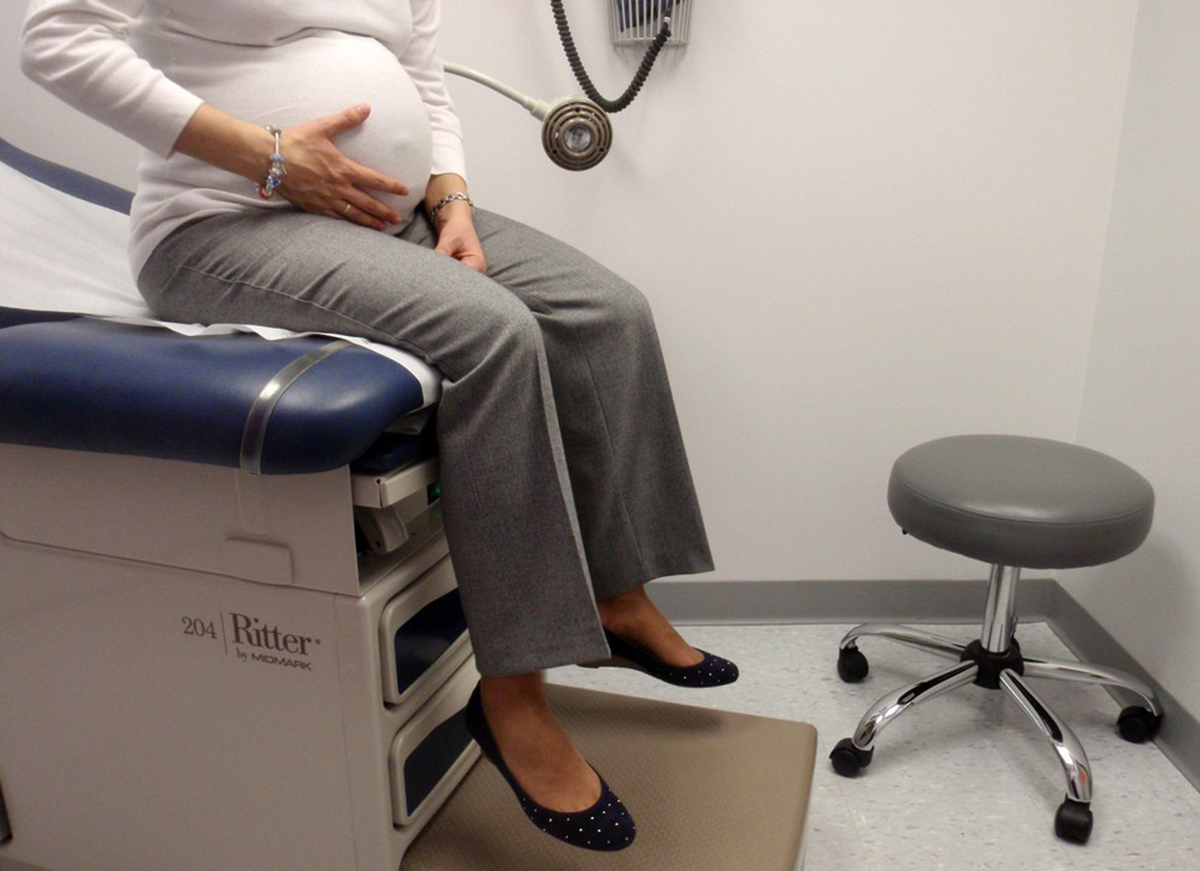Table of Contents
Women who are pregnant need to take extra precautions around people who sneeze and sniffle. A new study tells us that the more times a mother catches cold during pregnancy, the greater the baby's risk of asthma.
Infections during pregnancy affect more conditions in the child than just allergies, asthma, and eczema. Many other conditions in childhood and even adulthood are influenced by the mother's exposure to infections while the child is still in the womb.

- Exposure to influenza, rubella, or toxoplasmosis during pregnancy increase the risk the child will develop schizophrenia during late adolescence or early adulthood. However, some studies have found that breastfeeding, which passes the mother's immune factors to the baby, reduces the risk of future development of schizophrenia.
- In one study, a pregnant woman's exposure to lower respiratory tract infections during pregnancy was more detrimental for the baby's development of asthma than exposure to cigarette smoke. However, breastfeeding offset the detrimental effects of the mother's lower respiratory infections during pregnancy.
- "Stomach flu" during pregnancy, the viral kind, can increase the baby's risk of type 1 diabetes. However, introducing cow's milk before 3 months (that is, ending breastfeeding before the child has reached the age of 3 months) and introducing cereal before 6 months also increase the risk.
- Hepatitis B and hepatitis C can be passed from mother to infant in the uterus. Babies born to mothers who have hepatitis B should be vaccinated within 12 hours of birth so that they do not become chronic carriers of the disease. As many as 25% of babies who are not vaccinated at birth when they are exposed to the virus in the womb will eventually die of the disease. There are no vaccinations for hepatitis C, but only about 10% of mothers who have this form of viral hepatitis pass it on to their babies.
- Exposure to the H1N1 or H3N2 forms of influenza before birth affect the ways the baby's brain develops its neurons that make the neurotransmitter dopamine. When the mother gets these forms of the flu, the baby is at greater risk for diseases that are caused by imbalances in dopamine, such as schizophrenia and some personality disorders. Getting a flu shot, however, protects against the infection and does not cause the birth defect. Mothers who do not want to get the influenza vaccination should take careful precautions, such as frequent hand washing and careful cleaning of household surfaces during flu season, so they do not expose their babies to the virus.
See Also: Third Trimester: Are You Ready For Labor And Birth?
- Laboratory studies with animals suggest that babies who are exposed to toxoplasmosis in the womb are more likely to develop gluten intolerance (celiac disease), causing severe reactions to wheat and other grains.
- Exposure of the mother to pin worms or hookworms before birth, or exposure of the child to pin worms and hookworms after birth, increases the risk of allergies to mites. Reactions to can cause both asthma and a form of acne known as rosacea.
- Illi S, Weber J, Zutavern A, Genuneit J, Schierl R, Strunz-Lehner C, von Mutius E. Perinatal influences on the development of asthma and atopy in childhood. Ann Allergy Asthma Immunol. 2014 Feb,112(2):132-139.e1. doi: 10.1016/j.anai.2013.11.019. Epub 2013 Dec 17.
- Mindmap by steadyhealth.com
- Photo courtesy of Daniel Lobo by Flickr : www.flickr.com/photos/daquellamanera/4455140588


Your thoughts on this